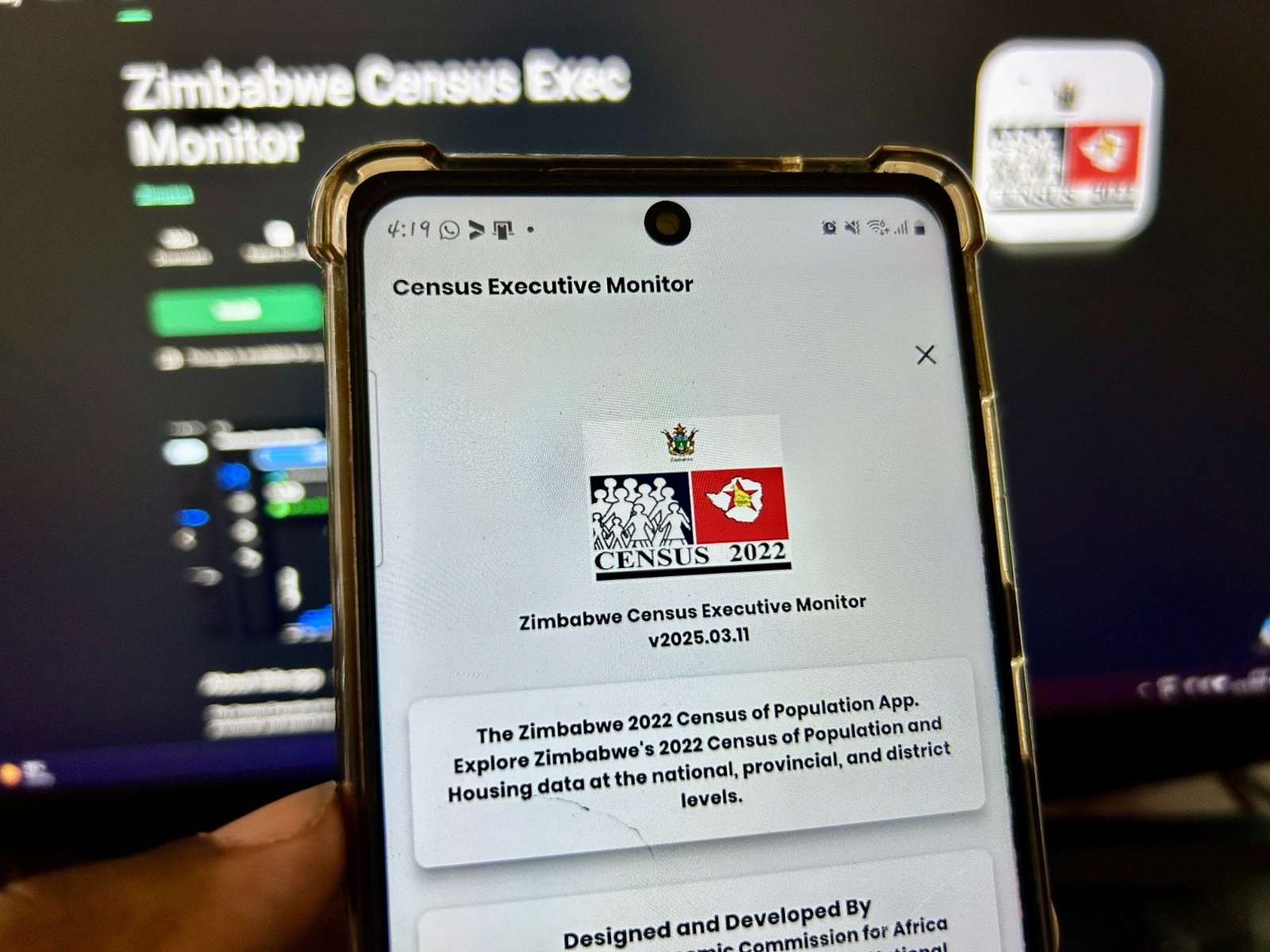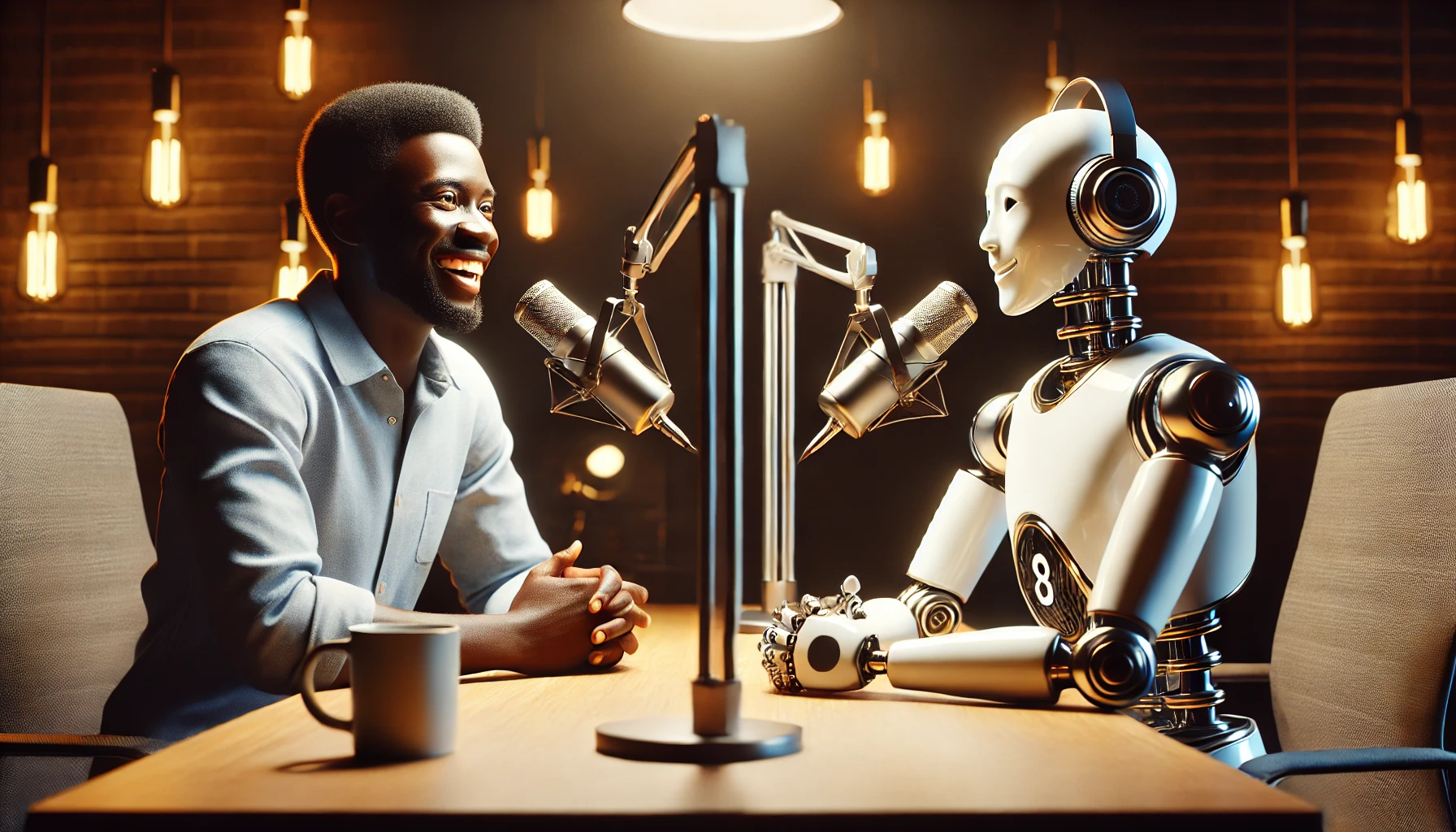We closed out October and what a month it was for us tech lovers, hence Techtober. Device manufacturers were scrambling to get their wares out in time for the festive season. So, we got treated to some sweet devices and tasty technologies. Over here in Zimbabwe, we don’t buy nearly enough to be a focus for these companies but we watch on, wide eyed and drooling.
Android 12
Most of us here in Zimbabwe use android phones and the latest update, Android 12, is the most fun yet. The first beta was released in Q2 this year and the final stable build came in mid-October, a little later than in previous years. The wait was worth it though.
There are some improvements to speed, fluidity and efficiency as you would expect with every update. There is a renewed focus on animations, making the user experience just a little more enjoyable.
Major inroads were made in security and privacy. There is a status bar indicator that will tell you when the microphone or camera is in use. Further, you can just disable the camera and microphone across the whole operating system, ensuring no unwanted recordings by naughty apps.
If you’re not comfortable with apps knowing exactly where you are, Android 12 allows you to give most apps just an approximate location if that’s all they need. After all, it is only navigation apps and a few other exceptions that need your precise location. Spotify need only know you’re in the Warren Park area.
For me, the app hibernation feature will be a godsend as I tend to install a lot of apps which I forget about. Android 12 will hibernate apps if they have not been used in a while which means permissions are revoked, the app is force-stopped and memory and storage are reclaimed.
All that is well and good but the headline new feature in Android 12 is a visual one – Material You. It is a theming engine which uses a selected wallpaper as the basis for colours in the entire OS. The settings, lock screen, notifications, apps and more will all use accent colours based on the wallpaper.
The downer with Android 12 is that, unless you are using a Pixel, it is going to be a long wait for the update to reach your phone. That is assuming your phone is even eligible for the update.
Pixel 6 and 6 Pro
Talking about phones, Google is serious about hardware now and this year’s Pixels look like winners. Launching with the latest Android 12 and promised 3 years of OS updates, 5 of security patches? Check. Exciting but polarising design using quality materials? Check. Huge, sharp and smooth 120Hz and 90Hz variable refresh rate displays? Check.
The variable refresh rate means the screen adjusts the number of times it refreshes the image to match the frame rate of the application in use. If you’re playing a game that outputs 120 frames per second, the screen refreshes 120 times a second (on the Pixel 6 Pro). If you’re reading, the screen is refreshed only 10 times a second to conserve battery. The Pixel 6 refreshes up to 90 times per second (90Hz) and the 6 Pro, 120.
For the first time in years, Google has updated the camera hardware, introducing a 50MP main sensor.
Early reviews show there’s still work to be done as the cameras are not consistent but produce stellar results most times. Pixels have always relied on superior digital image processing (computational photography) rather than hardware. So, with this year’s new sensors we expect the Pixel to be photography champ once the software is fine-tuned to the new hardware.
That talk of processing leads us to the new system on a chip, the Tensor. Google is following Samsung in developing their own processor for use in their own phones. And it appears they worked with Samsung a little more than we first imagined. Code reveals that the Tensor is a customised version of the Exynos 2100 chip used in Samsung’s 2021 flagships.
The customisations are impressive though. Machine Learning and Artificial Intelligence were a focus and speech recognition, translation and captioning all see major improvements. As a result, Google Assistant and Translate are more accurate whilst using less battery. Even without an internet connection, speech recognition works for some functions. Live captions work better even in non-Youtube videos, being done on-device rather than in the cloud.
All these features make the Pixel probably the smartest smartphone, with both fancy useful tricks and gimmicks. However, the Tensor chip is not the fastest or most efficient on the market. Apple’s A15 Bionic, used in the iPhone 13 line, remains the most powerful on the market, by a huge margin. Although that’s not as evident in real life tests.
For years, we have seen how Apple has been able to match Androids in battery life despite shipping significantly smaller batteries. We thought the Pixel 6 would be similarly efficient, what with Google developing both the software and hardware just like Apple does. However, superior battery life was not the focus, the Pixels appears to have average battery life. That is despite shipping with large batteries, 4614mAh and 5003mAh for the two models.














Comments
One response
Boy-oh-boy. The Pixel is going to take over. Nice article 👍,took time but it’s okay.
Fantasizing about holding this beauty one day. MKHD and unbox therapy have some cool reviews for the Pixel 6. I think the tensor is the way to go and definitely the Pixel is the smartest smartphone out there.